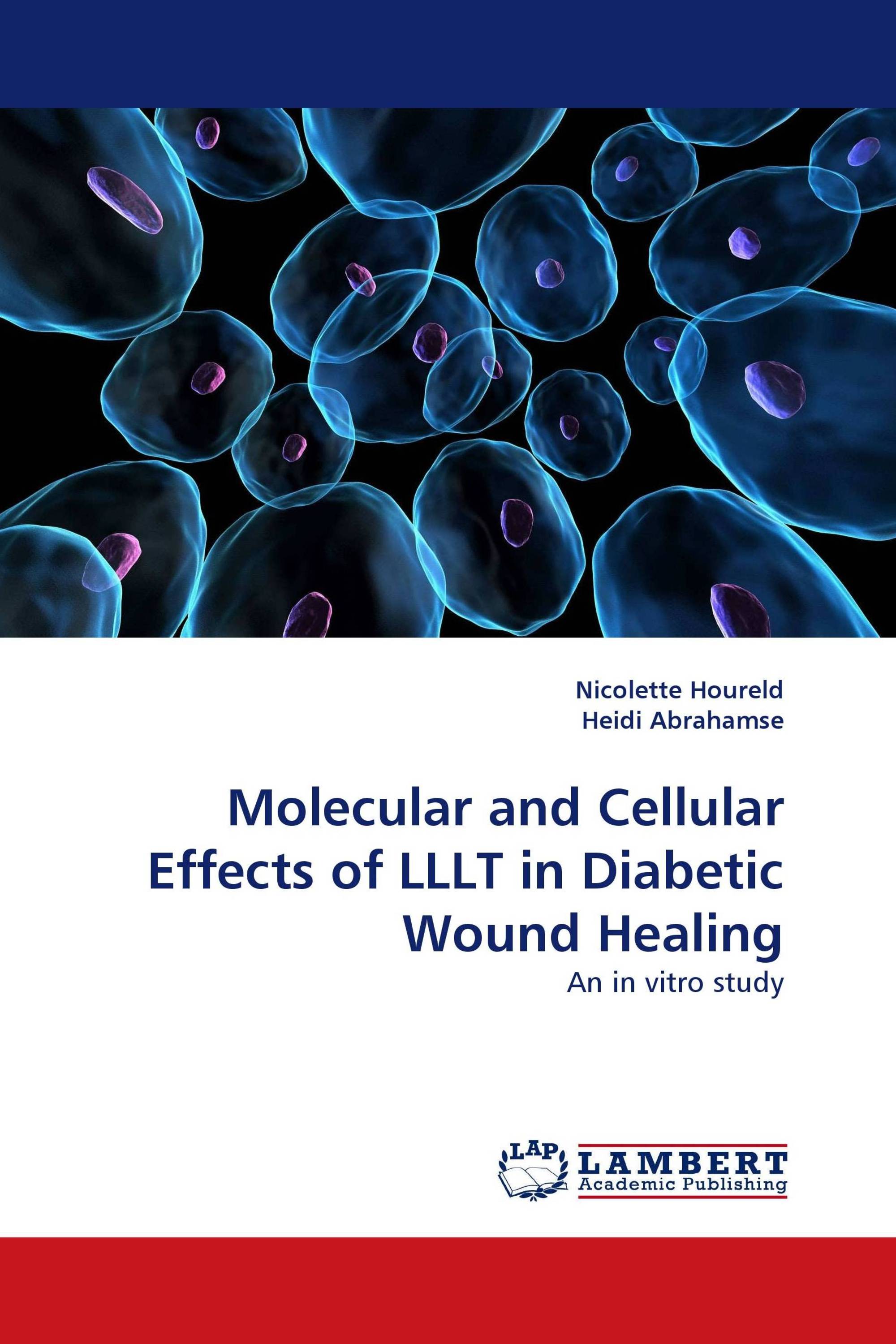Molecular and Cellular Effects of LLLT in Diabetic Wound Healing
An in vitro study
LAP Lambert Academic Publishing ( 2010-11-03 )
€ 79,00
Wound healing is a complex procedure involving a variety of cells, cytokines and growth factors. Disregulation of this procedure leads to chronic, slow-to-heal wounds, a complication commonly found in diabetes. Diabetes results in hyperglycemia which in turn damage blood vessels and nerves, leading to delayed wound healing that often requires lower limb amputation. Low Level Laser Therapy (LLLT), commonly known as phototherapy, has emerged as an alternative treatment; it abates the inflammatory reaction and stimulates wound healing. Despite the advocacy of this treatment, there has been a reluctance to accept it due to a lack of an understanding of the underlying mechanisms of action. The effect of wavelength, beam type, energy output, energy level, energy intensity and exposure regime remain unexplained, and no therapeutic window for dosimetry and mechanism of action has been determined at the level of individual cells types. Both clinicians and researchers will find this book helpful as it provides a basic understanding of the cellular and molecular effects of laser irradiation on diabetic wounded cells in vitro.
Book Details: |
|
|
ISBN-13: |
978-3-8433-7019-6 |
|
ISBN-10: |
3843370192 |
|
EAN: |
9783843370196 |
|
Book language: |
English |
|
By (author) : |
Nicolette Houreld |
|
Number of pages: |
236 |
|
Published on: |
2010-11-03 |
|
Category: |
Biochemistry, biophysics |




